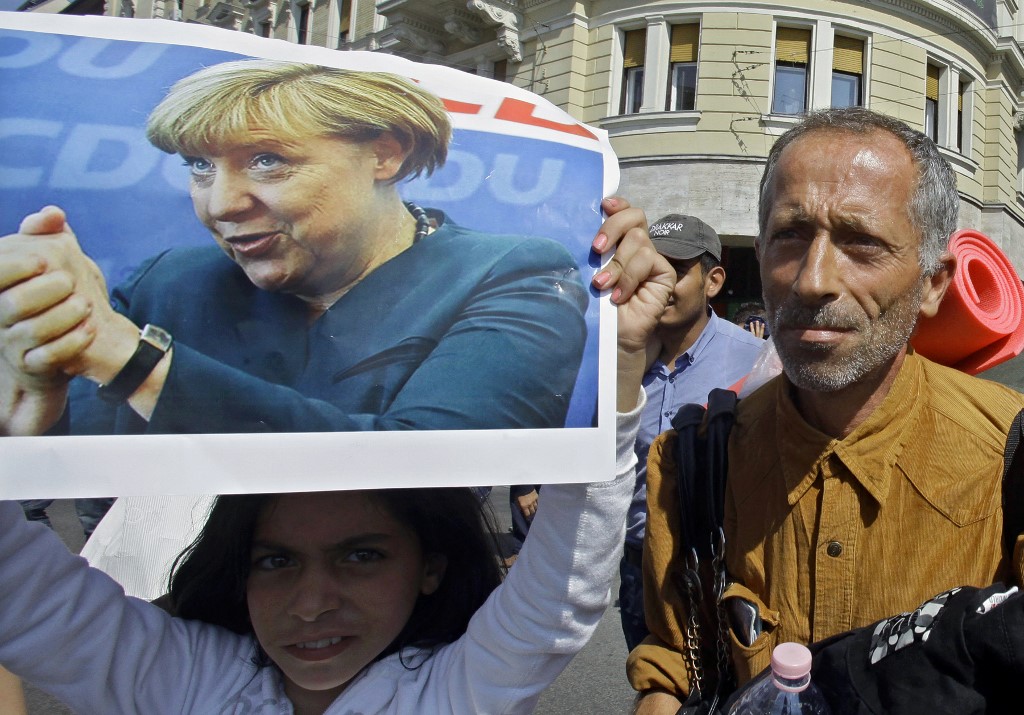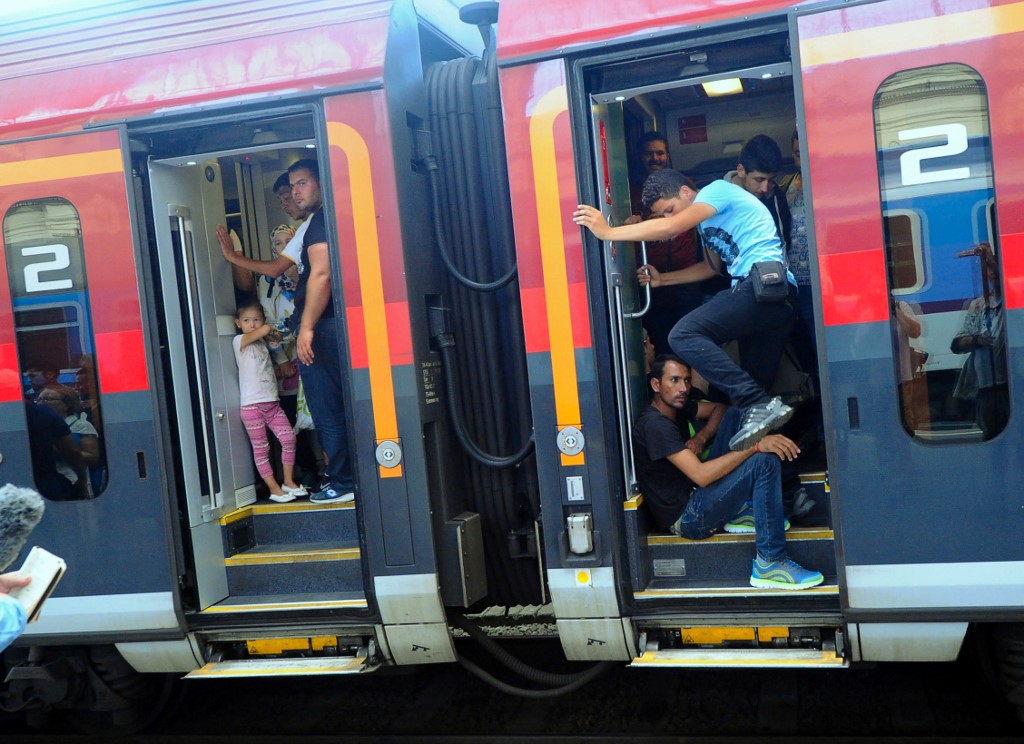
Migration Crisis, Ten Years on: Women Are the Primary Targets
Across much of Europe, women say they no longer feel free or safe. The migration crisis has created conditions in which their security is increasingly fragile. In Germany alone, between 2015 and 2024, at least 7,000 women were victims of sexual assault committed by migrants, according to federal crime statistics.
Since 2015, women and girls are no longer safe in Germany. Last year, authorities registered 788 gang rapes nationwide. Suspects were most often German, Syrian, Turkish or Afghan nationals.
In addition, an analysis by the German Federal Criminal Police Office found that between 2015 and 2024, at least 7,000 women were victims of sexual assault by „refugees” in Germany.
The perpetrators in these cases are mostly young men from Syria, Afghanistan, and Pakistan. Most statistics show that crimes against women are committed largely by offenders from Muslim-majority countries.
Imported Misogyny
Observers say sexual assaults are only the visible surface of a deeper cultural clash. Many point to imported attitudes that view women as inferior, restrict their freedom, and enforce dress codes.
There have also been reports of sermons in some German mosques disparaging women.
Girls and women describe wearing headscarves at school out of fear and avoiding certain clothing altogether. Critics argue that a misogynistic culture—long alien to Europe—has taken root alongside mass migration.
Fear in Public Life
Surveys in multiple German cities show women increasingly avoid public transport, underpasses, and parks at night. While politicians occasionally express concern when research results are published, they do not seem to acknowledge the gravity of the problem, leaving many women with a sense of abandonment and continued lack of security.
Germany was shaken by the horrific murder of a young girl, Liana K. The 17-year-old student was pushed in front of a freight train by an Iraqi man. The case highlighted a persistent problem: once again, a young woman became the victim of a migrant with a violent criminal record. Recently, a 17-year-old girl was stabbed by an asylum seeker in the Netherlands, and similar reports continue to emerge from numerous European cities.
Nach 10 Jahren Migrationskrise: Frauen sind Zielscheibe Nummer 1https://t.co/zTPQIovRkk
— DS-Direkt®️ (@DS_Direkt) September 7, 2025
The case of Liana K. stirred outrage not only because of its brutality, but also because many believe according to reporting by nius.de that
for years, officials downplayed such incidents as “tragic isolated cases,” even as calls for open borders and humanitarian asylum policies continued. Critics argue the reality is clear: it is women and girls who have borne the highest cost of uncontrolled migration, symbolized by Angela Merkel’s 2015 slogan, “Wir Schaffen das” [We can do this].”

Migrants travel by train to Austria and Germany from Budapest’s Keleti railway station on 31 August 2015. „Wir schaffen das,” Angela Merkel infamously declared at that time, as masses of desperate people trekked through the Balkans toward Germany. Civil wars were raging in Syria and Afghanistan, resulting in the largest wave of refugees since World War II.
Perhaps most alarming is the muted response from feminist groups. While outspoken on issues like “toxic masculinity” among “old white men,” critics note their silence on escalating violence against women by migrant men. And even fewer challenge the headscarf as a symbol of oppression.
Instead, many argue, the dominant approach has been denial—ignoring a system of misogyny that has become an undeniable part of Europe’s social fabric.

